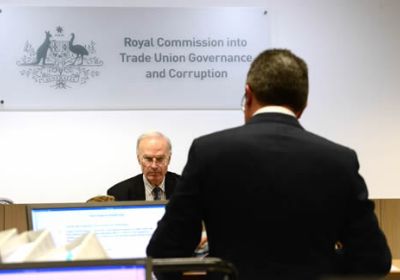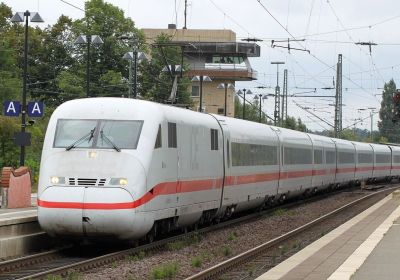
Norwegian left party Rødt (Red Party) MP Tobias Drevland Lund outlines the reaction in Norway to Russia’s war of aggression and the prospects for a progressive and sustainable security infrastructure in Europe.

Norwegian left party Rødt (Red Party) MP Tobias Drevland Lund outlines the reaction in Norway to Russia’s war of aggression and the prospects for a progressive and sustainable security infrastructure in Europe.
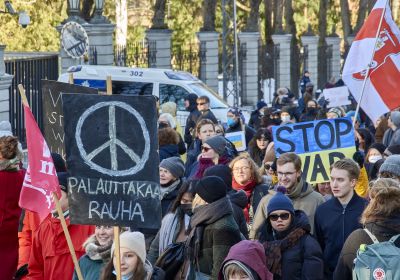
As a result of Russia's invasion of Ukraine, Finland and Sweden are closer than ever to joining the North Atlantic Treaty Organization (NATO). Duroyan Fertl spoke to Pinja Vuorinen, Chair of the Left Youth of Finland about the debate.

The coronavirus pandemic has exposed longstanding divisions in the European Union, with clashes over how to fund the response and solidarity in short supply, writes Duroyan Fertl.

The seismic February 8 general election result, which saw Sinn Féin become the most popular political party in the 26-county Irish Republic for the first time, has shaken the Irish political system to its core and sent shockwaves across Europe, writes Duroyan Fertl.
 Anti-water charge protests in Letterkenny, County Donegal on November 1.
The Irish government’s unpopular public utility, Irish Water, has been dealt a body blow. It failed two key tests within the space of a fortnight — gifting a huge victory to opposition parties and the huge anti-water charges movement.
Anti-water charge protests in Letterkenny, County Donegal on November 1.
The Irish government’s unpopular public utility, Irish Water, has been dealt a body blow. It failed two key tests within the space of a fortnight — gifting a huge victory to opposition parties and the huge anti-water charges movement.
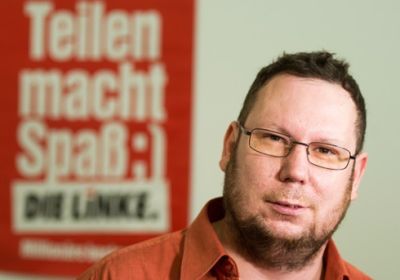
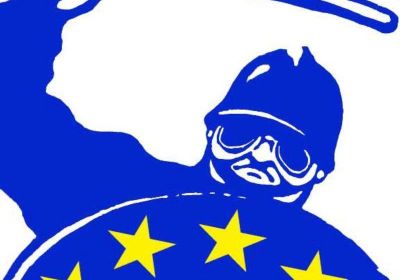
Europe, as we know it, may well be over. The promise of a peaceful integration of equals with a capitalist framework lies tattered on the floor of a negotiation room in Brussels.

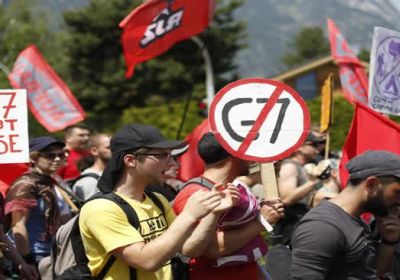

The BBC’s Panorama program on May 28 made explosive revelations about British state collusion with paramilitaries in the north of Ireland occupied by Britain. It implicates British authorities in the murder of hundreds of people, and in subsequent cover-ups.
